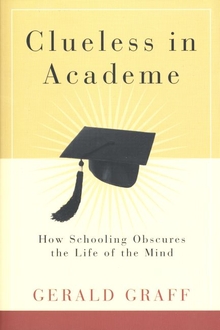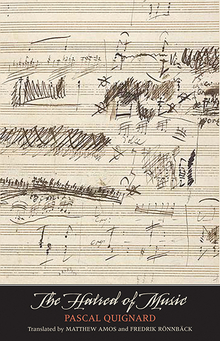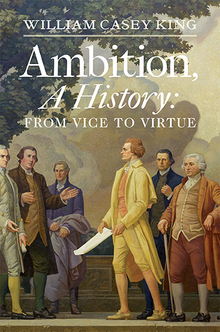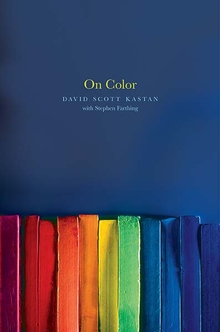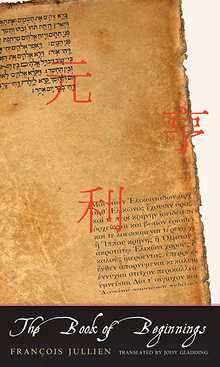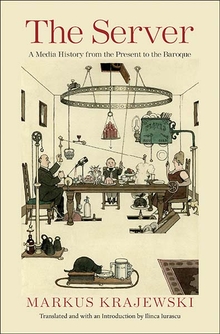Clueless in Academe
WARNING
You are viewing an older version of the Yalebooks website. Please visit out new website with more updated information and a better user experience: https://www.yalebooks.com
How Schooling Obscures the Life of the Mind
Gerald Graff
Gerald Graff argues that our schools and colleges make the intellectual life seem more opaque, narrowly specialized, and beyond normal learning capacities than it is or needs to be. Left clueless in the academic world, many students view the life of the mind as a secret society for which only an elite few qualify.
In a refreshing departure from standard diatribes against academia, Graff shows how academic unintelligibility is unwittingly reinforced not only by academic jargon and obscure writing, but by the disconnection of the curriculum and the failure to exploit the many connections between academia and popular culture. Finally, Graff offers a wealth of practical suggestions for making the culture of ideas and arguments more accessible to students, showing how students can enter the public debates that permeate their lives.
"Clueless in Academe offers a compelling view of the academic world from an insider's perspective. . . . Graff provides a persuasive analysis of the ways that academic discourse alienates students from joining in the conversation, and offers several perspectives on how to teach students to think critically and communicate effectively in academe. In a sense, he takes the reader on a journey behind the veil of academic life, revealing some raw (and contested) views on academic thinking, writing and teaching."—Marcia M. Roe Clark, Journal of College Student Development
Publication Date: July 11, 2004
2 b/w illus.

